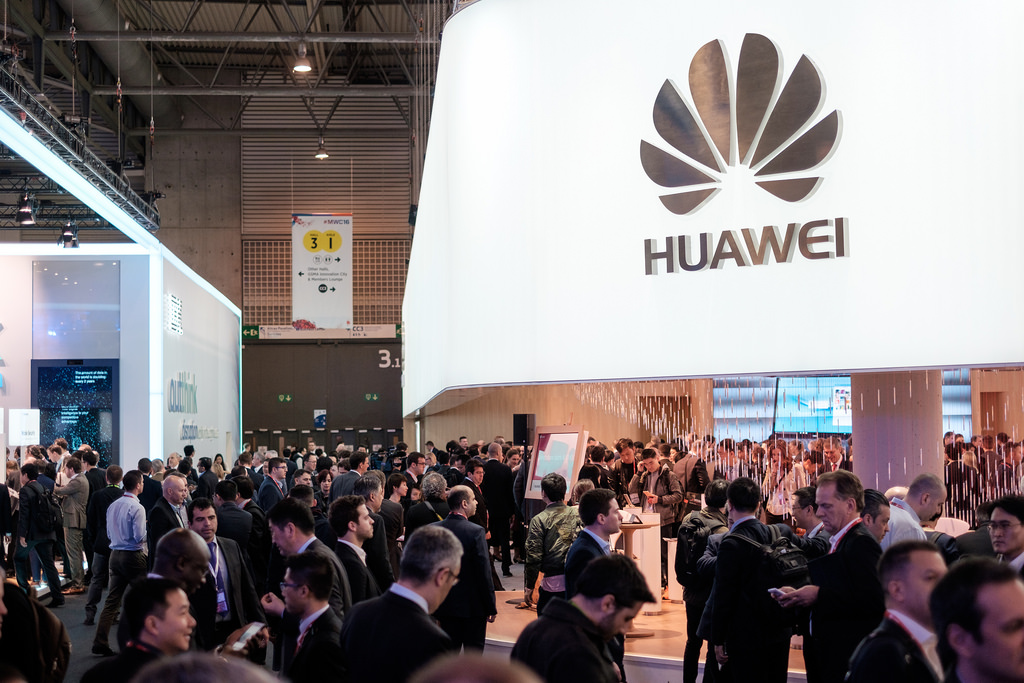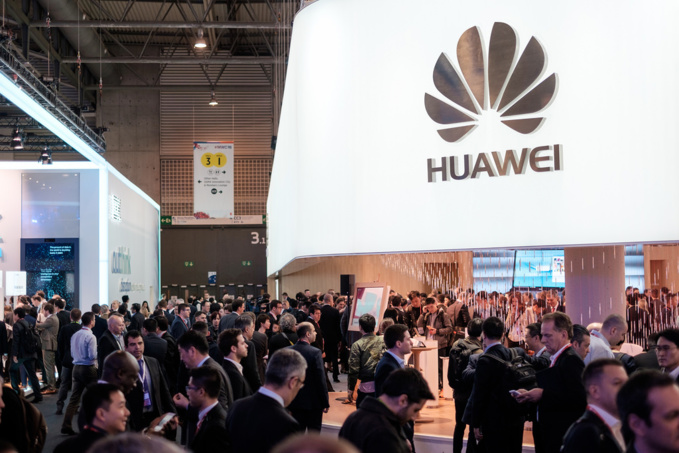The State Department was fully confident that Europe, which treats China much better than America, would support their fight with the Eastern telecommunications giant. However, Europe gave the Us cold shoulder. Despite the threats not to share secret information with the Allies and not to deploy American troops in countries cooperating with Huawei, representatives of the US have not achieved any particular success. At least, not a single European country has heeded the insistent advice of the “big brother” and has not prohibited the Chinese from participating in the creation of 5G networks on their territory.
On the one hand, the Europeans are asking Americans to provide evidence of Huawei’s spying activities, which Washington doesn’t have. On the other, they themselves are afraid of assertive Chinese people and fear for data security. All European countries conducted their own investigations into the spying activities of Huawei. They have already ended in some countries, and are still going on in others, but it is already clear that the US fears have not been confirmed.
As usual, pragmatic Europeans relied on economic considerations. Huawei is an obvious leader in the telecommunications sector. Besides, its equipment is not only of very high quality, but also costs significantly less than that of its American counterparts. Some analysts also believe that Americans are driven not by concerns about the security of European allies, but by economic considerations. As you might guess, they probably count on capturing the market themselves, despite the fact that the construction of fifth-generation networks by the Chinese will be much cheaper and faster.
Someone in Europe doubts reliability of one of the American competitors of Huawei, Cisco Systems Inc. after Edward Snowden said that the National Security Agency (NSA) uses US-made telecom equipment to gather information.
“I don’t believe in two things,” said Chancellor Merkel at a conference in Berlin. “Firstly, in public discussion of such sensitive issues related to security, and secondly, in a complete ban on the company solely on a geographical basis, only because it is from a particular country.”
Even the UK, which usually supports Washington, unequivocally hinted that it is unlikely that Huawei will be banned.
The pragmatic position of Germany is indicative. The Germans do not intend to ban Huawei. Berlin is going to tighten the security rules for all companies, regardless of the countries they represent. Paris, which is very wary of China, has about the same position.
Despite the strongest pressure, Huawei is not going to give up. In the first two months of 2019, the total revenue of the Chinese company grew by more than a third compared with January-February 2018, and smartphone sales in Germany have doubled since the beginning of the year.
“The next move of the United States is unknown,” commented Bengt Nordström, director of Northstream telecom consulting company, “so this war has not yet ended.” But whatever loss Huawei has in Europe, it compensates for everything in China.”
source: reuters.com, bbc.com, dw.de
On the one hand, the Europeans are asking Americans to provide evidence of Huawei’s spying activities, which Washington doesn’t have. On the other, they themselves are afraid of assertive Chinese people and fear for data security. All European countries conducted their own investigations into the spying activities of Huawei. They have already ended in some countries, and are still going on in others, but it is already clear that the US fears have not been confirmed.
As usual, pragmatic Europeans relied on economic considerations. Huawei is an obvious leader in the telecommunications sector. Besides, its equipment is not only of very high quality, but also costs significantly less than that of its American counterparts. Some analysts also believe that Americans are driven not by concerns about the security of European allies, but by economic considerations. As you might guess, they probably count on capturing the market themselves, despite the fact that the construction of fifth-generation networks by the Chinese will be much cheaper and faster.
Someone in Europe doubts reliability of one of the American competitors of Huawei, Cisco Systems Inc. after Edward Snowden said that the National Security Agency (NSA) uses US-made telecom equipment to gather information.
“I don’t believe in two things,” said Chancellor Merkel at a conference in Berlin. “Firstly, in public discussion of such sensitive issues related to security, and secondly, in a complete ban on the company solely on a geographical basis, only because it is from a particular country.”
Even the UK, which usually supports Washington, unequivocally hinted that it is unlikely that Huawei will be banned.
The pragmatic position of Germany is indicative. The Germans do not intend to ban Huawei. Berlin is going to tighten the security rules for all companies, regardless of the countries they represent. Paris, which is very wary of China, has about the same position.
Despite the strongest pressure, Huawei is not going to give up. In the first two months of 2019, the total revenue of the Chinese company grew by more than a third compared with January-February 2018, and smartphone sales in Germany have doubled since the beginning of the year.
“The next move of the United States is unknown,” commented Bengt Nordström, director of Northstream telecom consulting company, “so this war has not yet ended.” But whatever loss Huawei has in Europe, it compensates for everything in China.”
source: reuters.com, bbc.com, dw.de



















